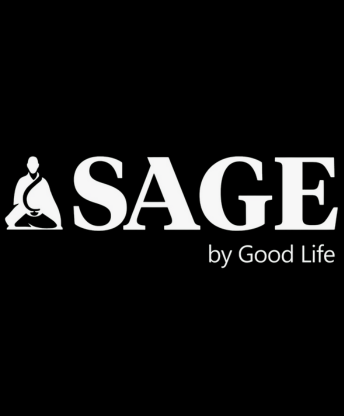
Exploring the Science: How Ashwagandha Reduces Cortisol
Share
Ashwagandha (Withania somnifera), a revered adaptogen in traditional Ayurveda, has entered the scientific spotlight for its potent effects on stress management chiefly, its ability to lower cortisol, the hormone synonymous with stress. Let’s explore how ashwagandha accomplishes this, the clinical research backing its effects, the biological mechanisms involved, and what this means for modern wellness.
Cortisol: The Body’s “Stress Hormone”
Cortisol is a steroid hormone produced by the adrenal glands. It orchestrates the body’s fight-or-flight response, raising blood sugar and energy supplies in difficult times, and suppressing non-essential functions to help us cope with perceived threats. While short-term rises are protective, chronic stress results in persistently elevated cortisol, triggering problems like:
- Anxiety and burnout
- Poor sleep and fatigue
- Lowered immunity
- Weight gain and metabolic shifts
- Heart and digestive issues
Balancing cortisol levels is crucial for physical and mental health.
How Ashwagandha Reduces Cortisol: Scientific Evidence
1. Robust Clinical Results
Multiple high-quality trials and systematic reviews have established ashwagandha’s cortisol-lowering effect:
- Meta-analysis: A 2024 systematic review of nine randomized controlled trials (over 550 participants) found that ashwagandha supplementation led to significant reductions in stress, anxiety, and most notably, serum cortisol often by 11% to over 32% compared to placebo.
- Recent Studies: Consistent reductions of 14-23% in cortisol levels have been observed after 4-8 weeks of daily ashwagandha use, with effects often appearing within 2-4 weeks and peaking at 8-12 weeks.
- Dose-Response: Higher doses (e.g., 500-600mg/day) appear to bring faster and more pronounced cortisol reductions than lower doses.
- Diverse Populations: Effects have been seen in adults with high perceived stress, anxiety disorders, and even in physically active individuals seeking improved stress resilience.
A typical finding: “Participants taking 240mg of ashwagandha extract daily experienced a 23% reduction in morning cortisol in 60 days compared to placebo.”
2. Mechanisms: How Does Ashwagandha Work?
A. Modulation of the HPA Axis
Ashwagandha’s central action is on the hypothalamic-pituitary-adrenal (HPA) axis the hormonal cascade that governs the stress response. By “tuning” the HPA axis, ashwagandha helps:
B. Withanolides: The Bioactive Compounds
Key phytochemicals called withanolides are thought to mimic the inhibitory neurotransmitter GABA, calming excessive nerve activity and dampening the brain’s “stress signals.” This GABAergic action helps prevent the pituitary from telling the adrenals to pump out more cortisol.
C. Serotonin and Mood Regulation
Ashwagandha also modulates neurotransmitters like serotonin, further reinforcing resilience to stress, anxiety, and mood swings that can accompany hormonal dysregulation.
- Improvements in stress, anxiety, and sleep were also consistently reported.
- No serious adverse effects ashwagandha is generally well-tolerated.
Practical Insights: How to Use Ashwagandha for Cortisol
- Typical dosage: 240-600mg of standardized root extract daily, preferably for at least 6-8 weeks for maximal effect.
- Safety: Well-tolerated; minor side effects may include digestive upset or drowsiness. Consult with your healthcare provider if pregnant, managing chronic health conditions, or using hormone therapies.
- When to take: Often consumed in the evening for stress-relief and sleep benefits, but can be taken morning or night.
Key Takeaways
- Ashwagandha is one of the best-studied natural cortisol regulators, with benefits for both mind and body in states of chronic stress.
- Its adaptogenic effect is rooted in the powerful synergy of ancient knowledge and modern science offering a holistic method to “reset” the stress response and restore wellbeing.
- Supplementation supports not only cortisol balance but improved anxiety, better sleep, and emotional resilience for today’s stressful world.
Always consult your healthcare provider before starting new supplements, especially if on medication or experiencing chronic illness.





